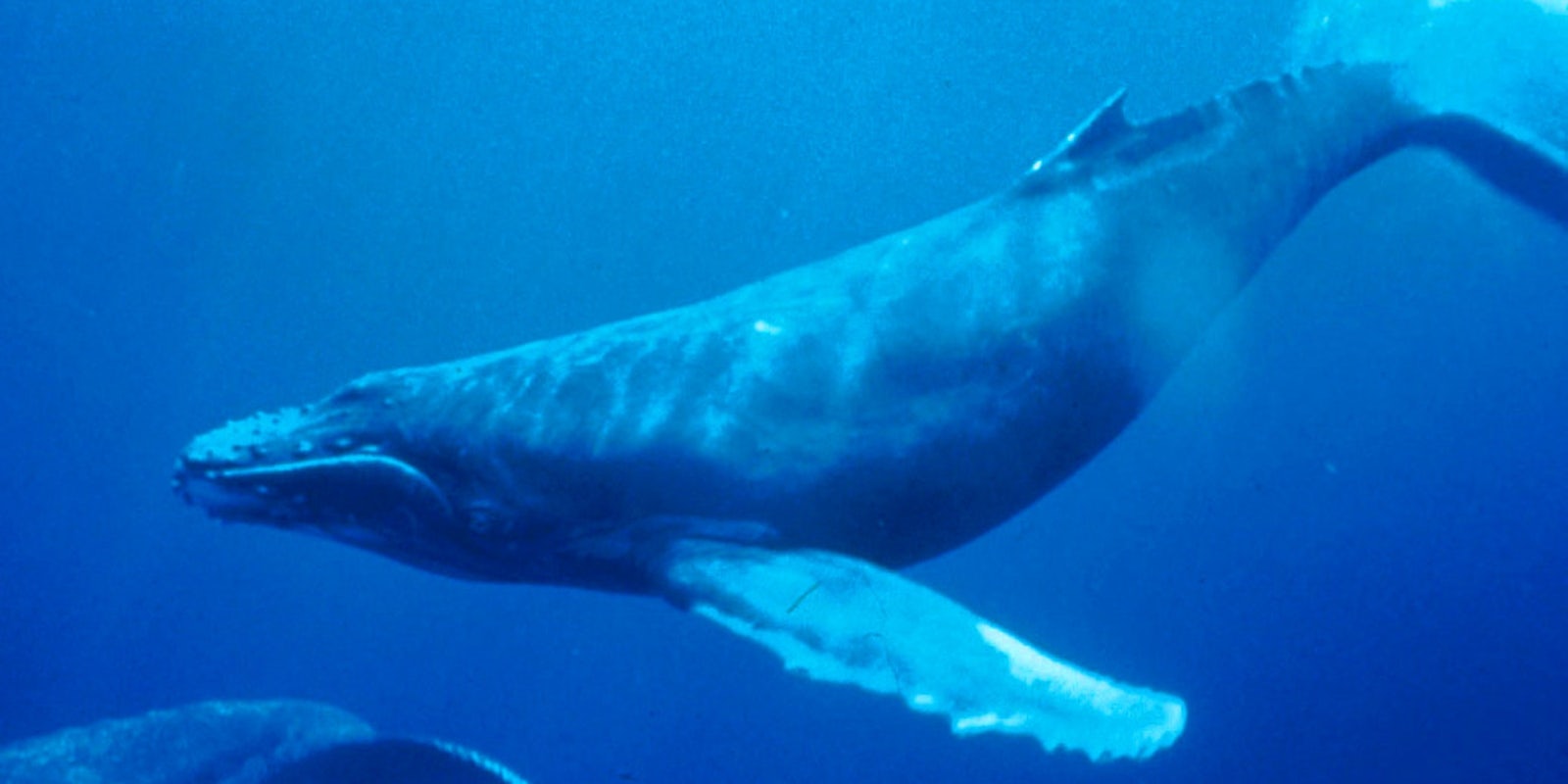Experiment.com, the “Kickstarter of science,” is trying its own experiment. Instead of having researchers propose specific projects and crowdfunding them one at a time, it’s going to crowdfund several at once in a competition.
Using grant money from an anonymous donor, Experiment.com will give an extra $2,000 to whichever of 13 marine-mammal studies receives the most backers.
Researchers submitted projects involving everything from figuring out the threats to a small, dying community of killer whales to harvesting whale snot to better understand how their bodies work. Other projects involve seals, manatees, and dolphins.
Cindy Wu, Experiment.com’s founder, told the Daily Dot that this was the first of what she hoped would be many such grant programs. The anonymous donor funding the grant program cares deeply about the state of marine mammals in our oceans, she said, but they didn’t have the time to pick out a specific study and fund it. So the donor is letting the backers on Experiment.com do the choosing for them.
According to the National Oceanic Atmospheric Administration (NOAA), marine mammals are often the top predators in their area. Because of their place in the food chain, their vitality often dictates how well their entire ecosystem thrives. If a top predator dies out, its prey can multiply out of control, throwing the food chain out of whack and possibly damaging the ecosystem.
Marine mammals can also tell us something about the state of the ocean, according to one of the projects in the grant program. Researchers can study the amount of metals like lead and chromium that accumulate in the tissues of large marine mammals like whales to get a sense of ocean pollution levels.
Marine mammals are also globetrotters, Wu said. From Alaska to Cuba and everywhere in between, marine mammals visit some of the most extreme aquatic environments. Understanding what they do there can help researchers plan ways to protect them and keep their population numbers strong.
As always, transparency is the key to success for projects on Experiment.com. That’s why the anonymous donor chose the site to receive the grant money. Researchers who receive funds through Experiment.com publish their data open access, posting updates on the project along the way.
The same transparency goes for Experiment.com’s grant program as well.
“It is worth it to note that Experiment Grants is an experiment in itself. We might not do this forever. We might change how we do it,” Wu wrote in an email. “I’ve been speaking with very well known large foundations that have different opinions about how they want to partner with us, so you can expect it to evolve over time. We will try a lot of things until we get it right. One thing is for certain, someone will get this model right.”
Photo via NOAA/Wikimedia (PD)


